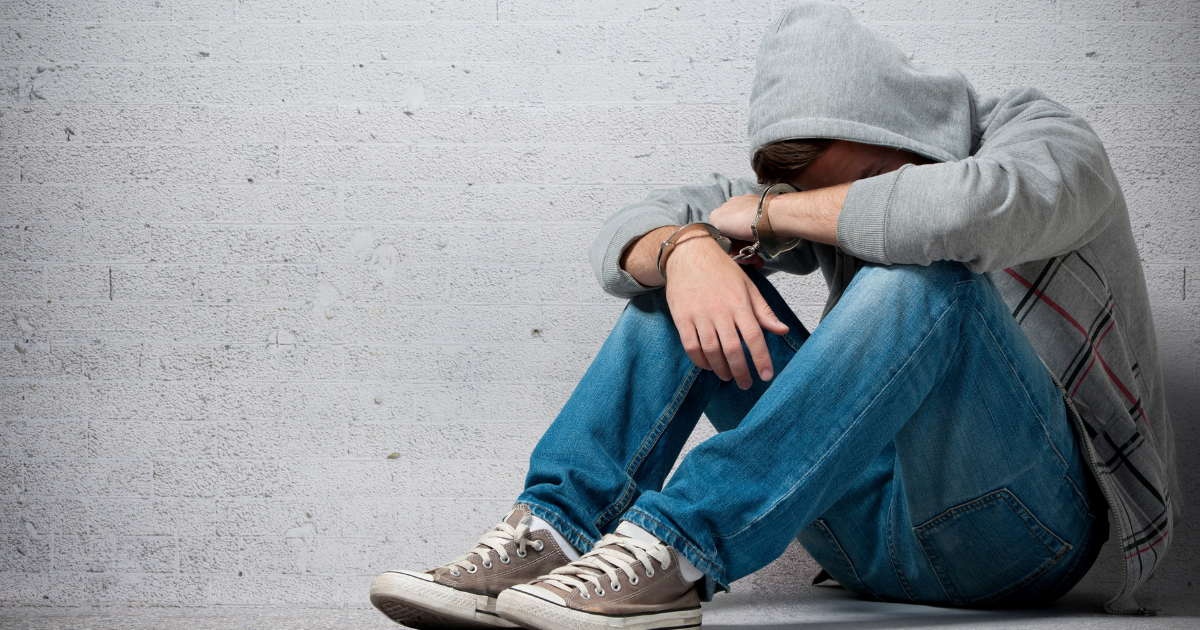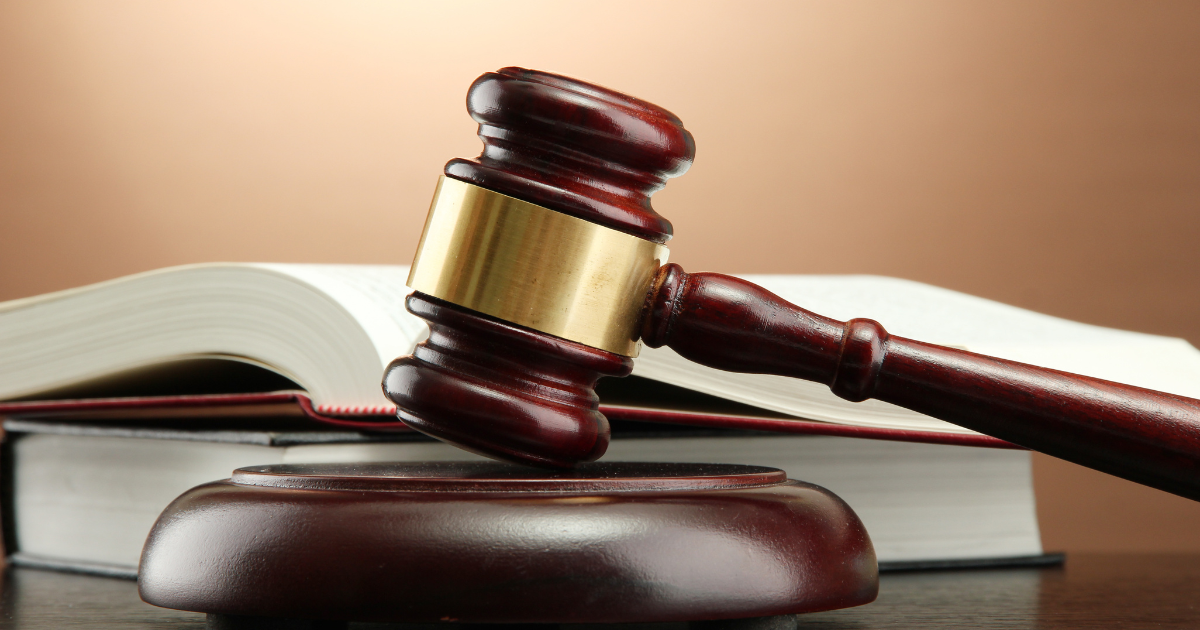Your child becomes a legal adult at 18 years old, but that line can get blurred in certain criminal cases … so when can a juvenile get tried as an adult?
California law allows 16- and 17-year-olds to be tried as adults instead of having their cases handled by the juvenile court system, but only under certain circumstances. It is not automatic. And the prosecutor must have strong evidence and arguments for a judge to consider trying a juvenile as an adult.
Rest assured, it’s not something the courts take lightly.
When Does a Prosecutor Pursue Trying a Child as an Adult?
Typically, a prosecutor will ask a judge to allow a juvenile to get tried as an adult in the following cases:
- The child is accused of committing a felony, such as rape, robbery, assault with a deadly weapon, murder, or any of the other crimes listed in CA Welfare and Institutions Code section 707(b) that qualify to be transferred to adult court.
- The child seems incapable of being rehabilitated by the juvenile court system due to a history of felony offenses.
The charges have to be extremely serious with compelling evidence to back them up, or the child has to have gotten into a lot of legal trouble in the past before a judge will grant the prosecutor’s petition.
What’s the Process for Determining if a Juvenile can Get Tried as an Adult?
It’s not up to the police or even the prosecutors whether or not your child will be tried as an adult. That decision is made by a judge.
First, there typically will be a fitness hearing. This is where the juvenile court judge will determine if a minor is “fit” for the juvenile system of rehabilitation. If so, the case stays in juvenile court. If the judge decides a minor is unfit for juvenile court, they’ll transfer the case to adult court.
At the fitness hearing, the judge evaluates things like:
- Past history with the court
- Results of any prior rehabilitation efforts
- Criminal intent
- Circumstances surrounding the alleged offenses
The judge looks at evidence and documentation collected by the juvenile probation officer. This includes the child’s school records, social history, and their behavior. The judge looks at evidence presented by both the prosecutor and the child’s attorney in making their ruling.
The Right Juvenile Defense Attorney is Critical
If your child is in trouble, do not wait and hope for the best. Having an experienced juvenile defense attorney on your side is critical to give your child the best chance of a positive outcome.
Sally Vecchiarelli understands the juvenile court system. She has dedicated her practice to defending children. And, as a mother, she also understands your parental need to protect your child.
She’s here to help you do so.
If your child is in trouble and you need to hire a juvenile defense attorney to protect their future, contact us today for a free consultation.








